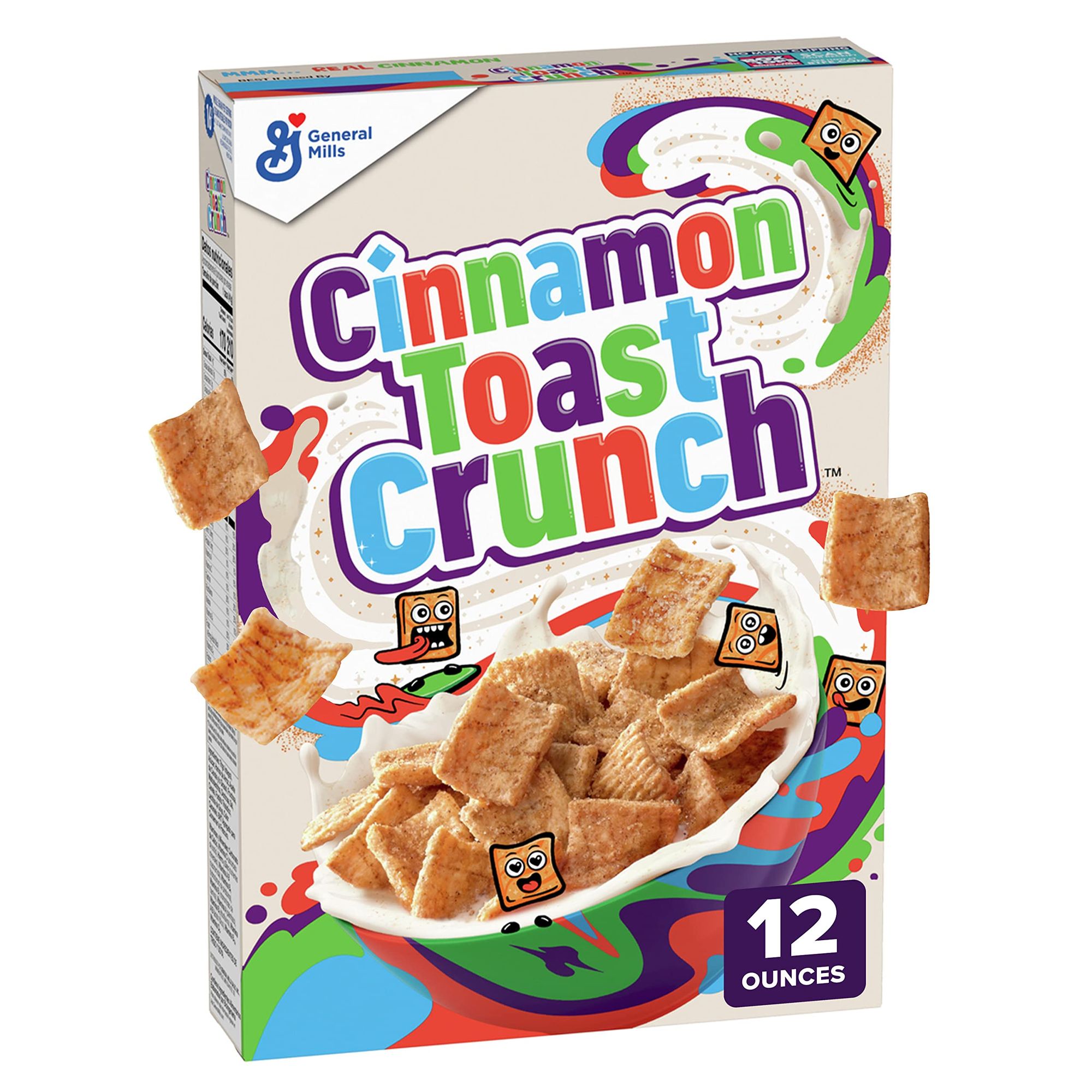CollegeBoard releases a brand-new AP course: AP Puzzles [#23]
CollegeBoard is a strange company – they are administering the first AP Puzzles exam on June 31st, 2024.
![CollegeBoard releases a brand-new AP course: AP Puzzles [#23]](/content/images/size/w1200/2023/07/23-superclean.webp)
On May 8th, 2023, CollegeBoard announced the release of AP Puzzles, a brand-new AP designed to enhance student's problem-solving skills and puzzle intuition for college and beyond.
CollegeBoard released a multitude of resources, including the AP Puzzles Course and Exam Description (CED), dates and relevant information, and a full example practice test.
About the Course
Explore the principles of problem-solving by analyzing and solving complex puzzles of various forms, from chess puzzles to codes, using critical thinking, logical reasoning, and creativity.
Exam Date
The first AP Puzzles exam will be administered on June 31st, 2024, at 10pm local time (or 3am local time, if you live in a US state that starts with 'A' or 'P').
Credit Policy
All Ivy Leagues, MIT, and Chattahoochee Valley Community College award college credit for exam scores of 2, 3, and 5. No credit is awarded for an exam score of 4.

Course Content
The following units will be tested on AP Puzzles:
Unit 1: Basic Puzzle Concepts & Skills
Learn basic puzzle concepts and puzzle-solving techniques. Topics may include:
- Types of puzzles (e.g. logic puzzles, word puzzles, spatial puzzles)
- Understanding puzzle rules and instructions
- Critical thinking and problem-solving strategies
- Developing pattern recognition skills
Exam Weighting (MCQ section): 5%
Unit 2: Spatial Puzzles
Learn how to approach and solve spatial puzzles. Topics may include:
- Chess knight puzzles
- Sudoku (and mini-Sudoku)
- Four-Number puzzles
- Constructing spatial puzzles
Exam Weighting (MCQ section): 5%
Unit 3: Logic Puzzles
Learn how to approach and solve logic puzzles. Topics may include:
- Mastermind puzzles
- Basic deductive reasoning
- Advanced deductive reasoning
Exam Weighting (MCQ section): 5%
Unit 4: Number Puzzles and Codes
Learn how to approach and solve number puzzles and codes. Topics may include:
- Number sequence puzzles
- Combinatorics problems
- Basic cryptography
Exam Weighting (MCQ section): 5%
Unit 5: Puzzling Decisions
Explore why people make silly and irrational decisions. Topics may include:
- Why do people think the moon landing is fake?
- Why doesn't everyone play chess?
- Why do people eat any cereal that's not Cinnamon Toast Crunch?
Exam Weighting (MCQ section): 80%

About the Exam
The AP Puzzles Exam consists of two sections:
Section I: Multiple-Choice Section
This section lasts 20 minutes, contains 16 questions, and consists of 60% of your total exam score. Halfway through this section, two frenzied monkeys (who must have consumed at least 800mg of caffeine, each) will be released into the exam room. Students must simultaneously fend off the monkeys and complete the remaining questions in Section I.
Section II: Free-Response Section
This section lasts 20 minutes, contains 2 questions, and consists of 40% of your total exam score. The exam proctor will initiate Section II by announcing the remaining time of 1200 seconds and will continue to verbally count down the remaining seconds for the entirety of the section.
Sample AP Puzzles Practice Test
Not satire: I actually spent a really long time creating these puzzles. If you're a teacher or educator, print these out and give them to your students! Alternatively, you can complete these puzzles yourself.
Other Popular Courses
Students who take AP Puzzles also typically take:
- AP Underwater Basket Weaving
- AP 5D Art and Design
- AP Calculus DE
- AP Lunch
- AP European Floor Construction
Satire Disclaimer
This article is a work of satire and should not be taken seriously. The content of this article is entirely fictional and should not be interpreted as factual. Any reference to the Advanced Placement program, the College Board, or any specific AP course is purely for comedic purposes and should not be construed as accurate information. The author of this article does not intend to defame, harm, or misrepresent any individual or organization, and any resemblance to actual persons, living or dead, or organizations, is purely coincidental.
Credit
- Math Kangaroo – great examples of clear, fun, unambiguous math and logic puzzles. I used past Math Kangaroo problems as inspiration to generate my own puzzles.
- AP Students – for providing structure to my article and helping me come up with ideas.
- ChatGPT – as a tool for helping me refine my satirical ideas.
![The highlight of my Istanbul trip was... the carpet shop? [#56]](/content/images/size/w960/2024/05/fancycarpet.jpeg)
![Figuring out the BEST SPORT EVER [#54]](/content/images/size/w960/2024/02/dave-adamson--nATH0CrkMU-unsplash.jpg)
![MIT now has a -4% acceptance rate [#38]](/content/images/size/w960/2023/11/bigMan-min.jpeg)
![ChatGPT is very funny – especially when you ask it about bananas [#21]](/content/images/size/w960/2023/07/21-clean.webp)